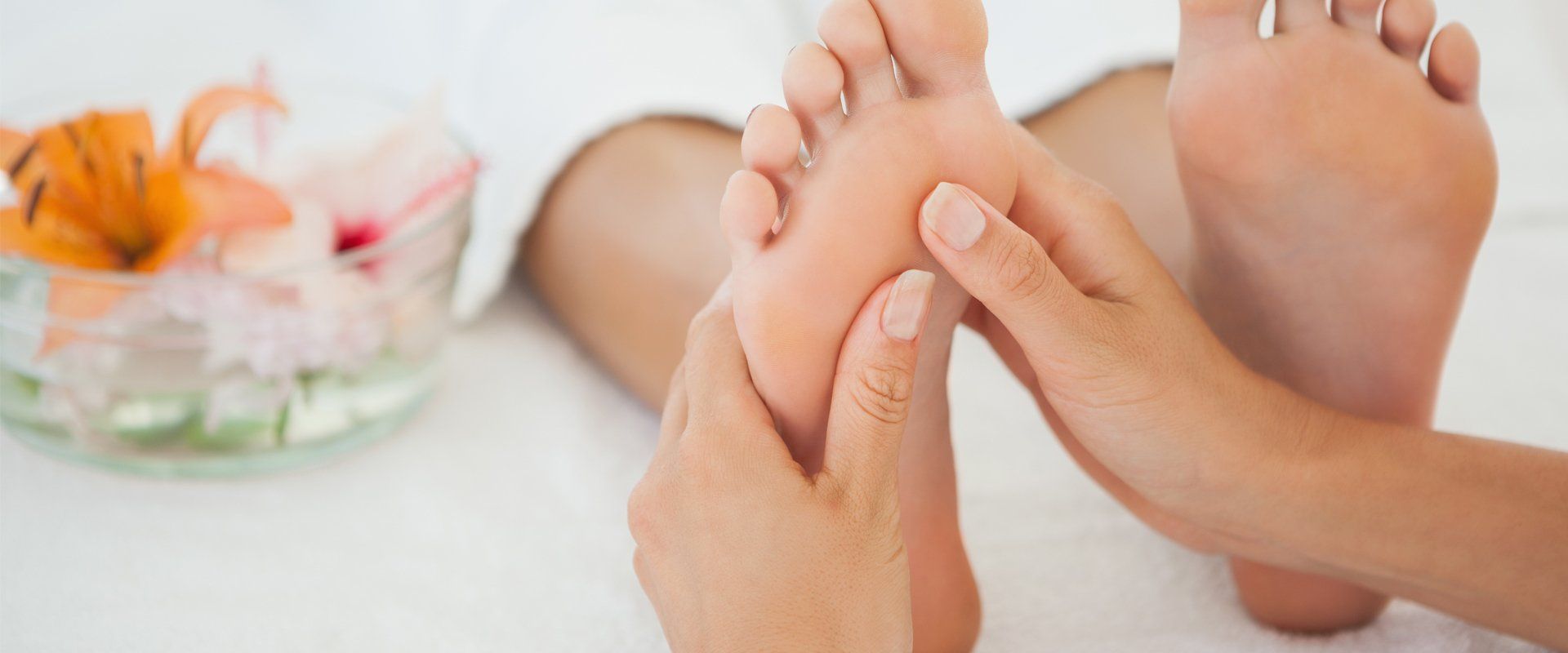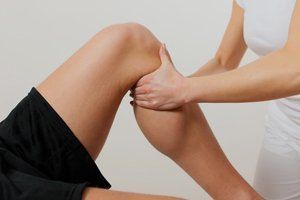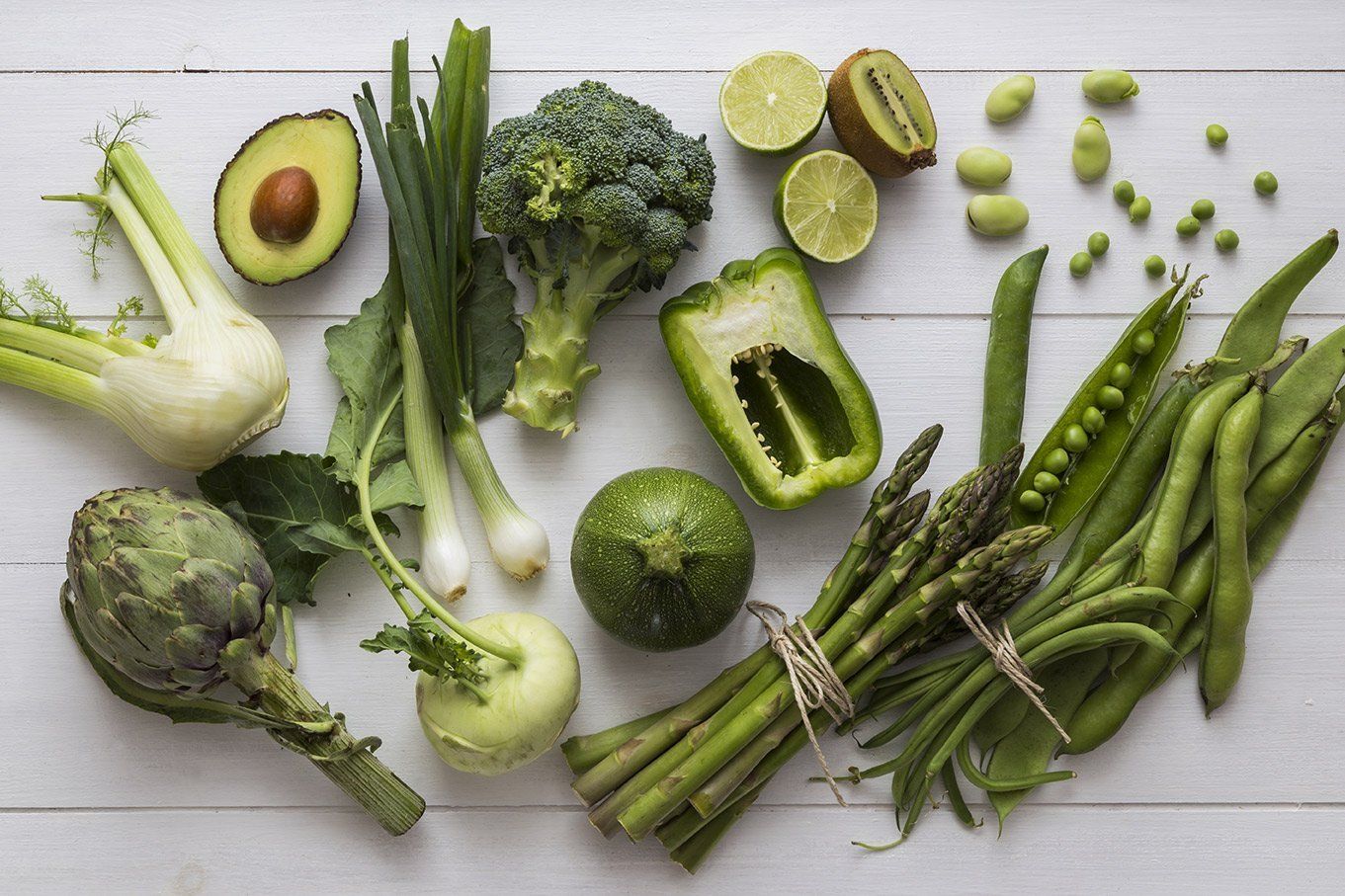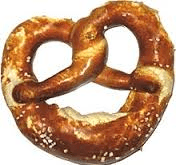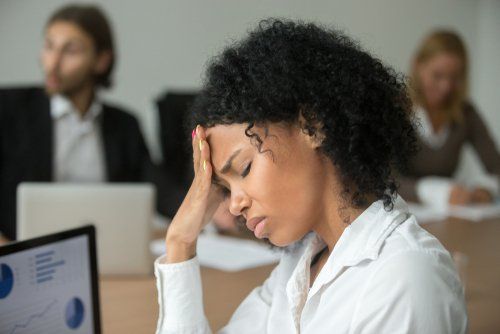Are You Getting Enough Sleep?
- By Sue Cook BSc (HONS) Osteopath
- •
- 12 Jun, 2019
- •
Hints And Tips
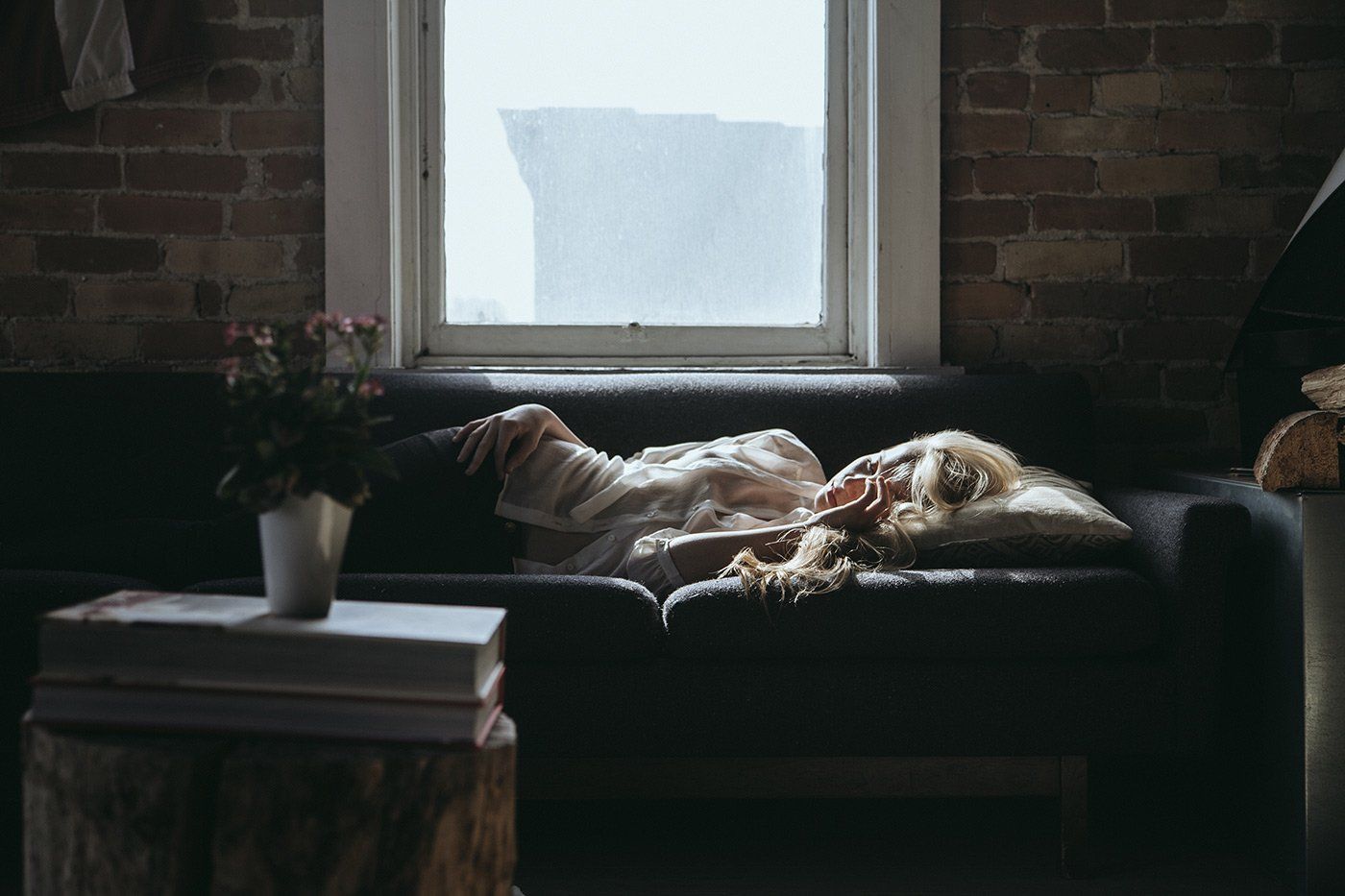
Sleep – Are you getting enough?
Many of us experience trouble sleeping at one time or another. Usually it’s due to stress, travel, illness or other temporary interruptions to our normal routine and can leave us feeling irritable and unproductive. Longer lasting sleep disruption however can have a much more significant effect on both our mental and physical health - leading to low mood and energy, memory problems, weight gain and can increase our risk of heart disease and diabetes and even shorten our life expectancy. It is clear therefore that a good night’s sleep is essential for a long and healthy life!
One in three of people in the UK suffer from problems sleeping resulting in 200,000 lost working days every year. Adults need between 7 and 9 hours sleep and those who sleep less than 6 hours a night have a 13% higher mortality risk than those that sleep for 7 hours. In addition, adults who sleep less than 7 hours a day are 30% more likely to be obese than those that sleep for 9 hours.
Sleep can be affected by a number of factors and not surprisingly patients experiencing musculoskeletal problems can find that pain impacts their ability to sleep which in turn can reduce their ability to manage their pain.
Tips to Beat Insomnia
Healthy sleep habits can make a big difference in the quality of your sleep. Here are some top tips to help you create good habits and help you get a restful night’s sleep and feel bright and healthy in the morning.
Get into a Routine
Try to go to sleep and get up at the same time every day – even at weekends. This will help to set your body’s internal clock and optimises the quality of your sleep.
Take time to Relax
Around half the UK population suffers from stress-induced sleep problems, so it’s vital you take the time to relax before you go to bed, whether it’s taking a warm bath, reading a book, or listening to soothing music. For some people, writing a to-do list before bed can help free your mind from worrying about all the things you need to do tomorrow.
Avoid technology
Ban your smart phone, computer and TV from your bedroom and avoid looking at them for an hour before bedtime. These kinds of devices emit a blue light, which has been shown to suppress the sleep hormone melatonin
Create a restful sleeping Environment
Make sure that your bed is comfortable and provides the correct support and ensure that your bedroom is cool, quiet and dark.
Don’t watch the clock
Worrying about not getting enough sleep can in itself stop us sleeping. If you can’t stop looking at the clock, then turn it around or put it on the other side of the room so that it’s not easy to watch time ticking away. If you still can’t sleep, then don’t lie there worrying about it, get up and do something you find relaxing until you feel sleepy again, and then go back to bed.
Try to avoid napping during the day
If you have a disturbed night’s sleep, then you may feel sleepy during the day. Even a short nap during the day can disturb your sleep at night. If you do have to have a short sleep, then make sure that you go to bed and set an alarm clock so that you don’t sleep for longer than 15 to 20 minutes maximum. If you find yourself dozing then try and get up and do something active like going for a short walk. Daylight or blue light from a computer may also increase your alertness during the day.
Foods to help with sleep
Eating a healthy, varied diet helps improve sleep generally, but some foods are particularly beneficial with regard to sleep in that they contain sleep promoting chemicals. These foods include almonds & walnuts, warm milk, chamomile tea, fruits such as tart cherries, kiwi fruits, bananas & pineapples, chicken & turkey and pumpkin seeds.
Foods to avoid
Avoid spicy foods, alcohol and large meals before bedtime. Cut down on caffeine in tea, coffee, energy drinks or colas, especially in the evening as caffeine interferes with the process of falling asleep and also prevents deep sleep.
Sugary foods in general are bad, as they can cause an energy spike, followed by a blood sugar crash which can affect your body clock.
Exercise regularly
Moderate exercise on a regular basis can help relieve some of the tension built up over the day. Make sure that you don’t exercise vigorously less than two hours before bedtime though, as this can keep you awake.
For more useful information visit the NHS Live Well site
https://www.nhs.uk/live-well/sleep-and-tiredness/why-lack-of-sleep-is-bad-for-your-health/
https://www.nhs.uk/live-well/sleep-and-tiredness/10-tips-to-beat-insomnia/
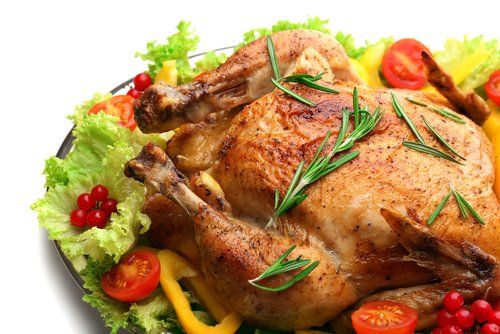
Firstly, ensure you have a good breakfast on the big day. Don't skip breakfast thinking that you will eat a lot later, this will only lead to snacking on inappropriate, high carbohydrate foods because you are hungry. A lovely, cheesy omelette or even a treat of bacon, mushrooms and eggs will set you up for your day.
Secondly, think carefully about what you are drinking. Drinks slip down very smoothly, so it's easy to raise your blood sugar levels on drinks alone. Fruit juices, fizzy sweet drinks, beer and wine all raise your blood sugars at an alarming rate, as well as adding to dehydration, which will cause you to reach for more. What drinks are relatively low carb? Well, you will be pleased to hear that spirits, champagne or dry red wine are the best of your choices. Of course water is your great friend, be it in still, fizzy, ice or soda form and can be added to you spirits instead of other high carb mixers. It's a good idea to have a glass of water to hand throughout the day to keep you hydrated. Tea and coffee (without sugar) are fine.
Christmas dinner is a time for indulgence and of course you don't want to feel left out. That doesn't mean you can't make a few careful choices and do away with the worry. The items that raise your blood sugars are the carbohydrates, so they are the things to control. Potatoes, parsnips, carrots, bread sauce and stuffing are the things to avoid or cut down on. If your joy on Christmas day is a roast potato, then have two small pieces and forgo the other starchy vegetables. Load up on above ground vegetables such as sprouts and the meats or nut roast instead. Cauliflower mash with lashings of butter makes a great alternative to mashed potatoes.
Afterwards you could always skip the Christmas pudding and move on to the cheese board instead (no crackers though). If you feel cheated without pudding, have the thinnest slice possible, with a good cover of double cream to satisfy that craving.
A great tip is to take dark chocolate, the richer the better, with you. That way if you are tempted by the sweets and candy surrounding you, you can treat yourself without worrying too much. It also stops people from nagging you into indulging because they want to feel you are having a good time.
Wishing you a very happy, healthy festive season. A wise person once said: It's what you eat between New Year and Christmas that makes the difference to your health, rather than Christmas to New Year. If you slip up in the next few weeks, bear that in mind and be kind to yourself.
Christine Gaskill, Hemel Hempstead Ambassador for the Public Health Collaboration
https://phcuk.org/wp-content/uploads/2017/10/PHC-Sugar-A5-Flyer-Front.pdf
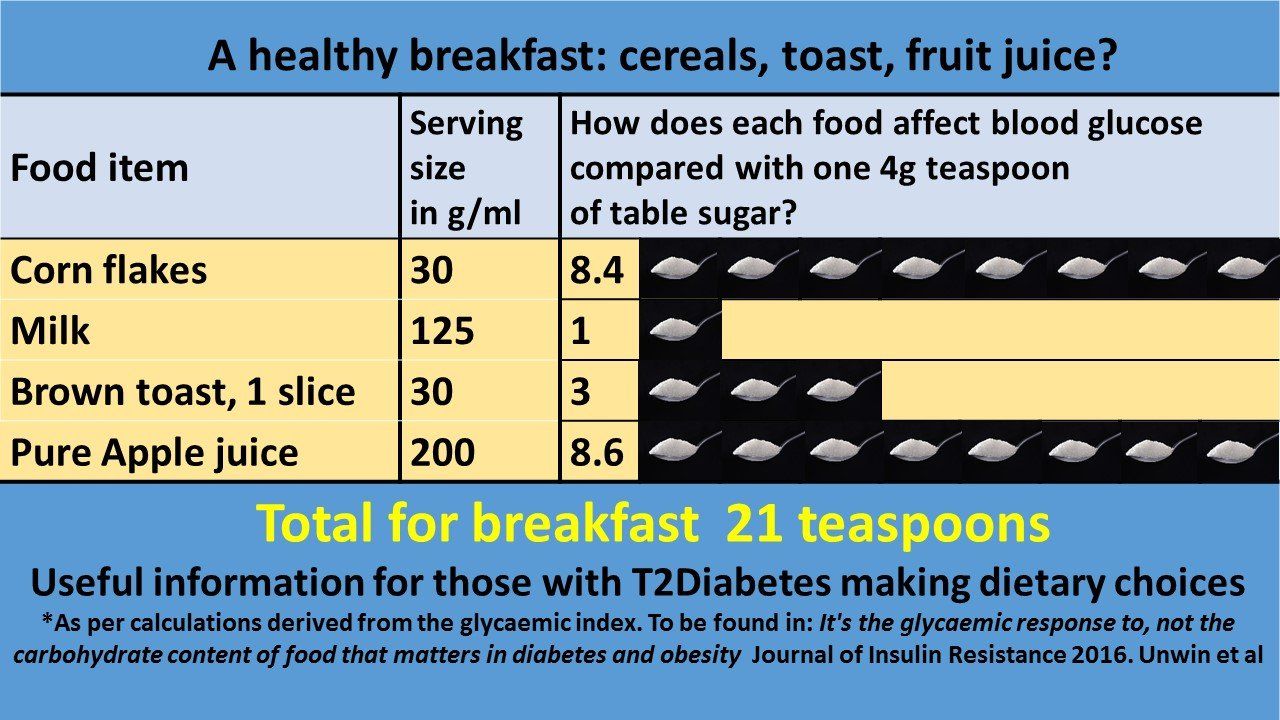
You can still watch it on catch-up for a while and perhaps you too may be inspired to make small changes that could make a real difference to your health: https://www.bbc.co.uk/programmes/b0b5y6c0.
If you would like to investigate further into how much sugar you are consuming each day, then take a look at the infographics on the Public Health Collaboration site, you may be in for a surprise: https://phcuk.org/sugar/. Christine Gaskill PHC Ambassador for Hemel Hempstead

